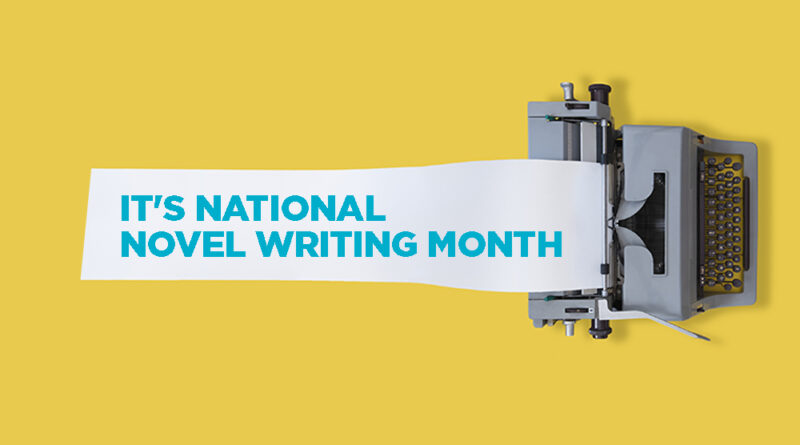Putting Pen to Paper with These 10 Grants for National Author’s Day
November reminds people to acknowledge authors for all good they provide in the world. The celebration kicks off on Nov. 1 with National Author’s Day and continues all month as part of National Novel Writing Month.
Writers play an important role in society. By sharing new information with readers and giving them a look into a world they otherwise would not know, they act as teachers. Authors allow people to learn new skills and lessons, as well as to learn about other cultures or generations.
We write to taste life twice, in the moment and in retrospect.”
Anaïs Nin
GrantWatch has a category for Arts and Culture grants that includes funding for authors in the U.S. and other countries. It also has a similar category for grants focused on Literacy and Libraries.
In 2020, there were over 44.2 thousand writers and authors working in the United States. Book sales also went up that year in spite of the pandemic. Since many people were at home and unable to participate in other activities, reading became more popular. According to NPD BookScan, print sales by units were up 8 percent in 2020.
However, the pandemic has also been challenging for many of writers, as well as other artists, when it comes to paying bills and being able to buy basic necessities. Grants are a good way for these writers to find the money they need to stay afloat during these hard times and to continue doing what they love.
Below, are 10 grants in honor of National Author’s Day that are currently available on GrantWatch.
10 Grants to Support the Work of Authors
- Grants to U.S. writers for financial support during times of economic difficulty. This includes professional journalists, poets, authors, translators, screenwriters, and playwrights.
- Award of $500 to a New York City writer to recognize an outstanding non-fiction essay that takes place in Brooklyn.
- There are grants to U.S. marginalized and diverse illustrators, authors, and other publishing professionals for urgent financial needs. Recipients may use their grant funds for expenses including household expenses, medical payments, debt, and rent/mortgage.
- In addition, grants of up to $60,000 to U.S. writers to write nonfiction books related to the humanities that are geared for the general public.
- There are also grants to U.S. nonprofit organizations, government agencies, tribal governments, and IHEs for the translation and preparation of humanities texts. Applications can be for long-term and short-term editorial projects, as well as projects that are at a planning stage.
- Fellowships of $15,000 and finalist awards of $5,000 to Massachusetts individual artists to recognize original work and to foster the creation of new art in the disciplines of drawing and printmaking, fiction and creative nonfiction, and painting.
- There are also awards of up to $10,000 to U.S. and Canada authors to recognize manuscripts appropriate for children ages 9-12. Submissions must have Jewish content, such as Jewish characters, Jewish life, or some valuable aspect of Jewish experience.
- And there are awards of $3,000 to a U.S. or Canada author and an illustrator to encourage and recognize emerging talent in children’s literature.
- Grants to U.S. published authors to provide emergency financial assistance. Applicants must have published at least one full-length fiction or nonfiction work with a mainstream publisher.
- Finally, there are awards of $10,000 and an award of $30,000 to Maryland artists in eligible counties. Categories include music, visual artist, performance, film and video, literary arts, and interdisciplinary.

